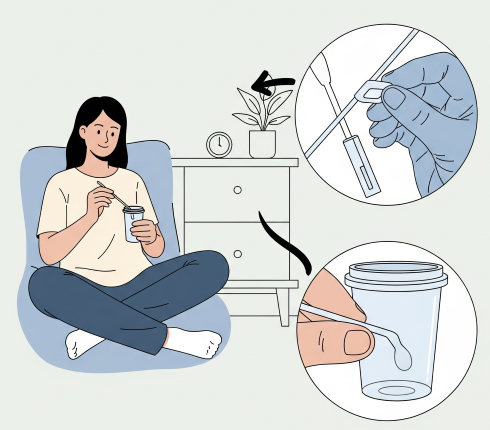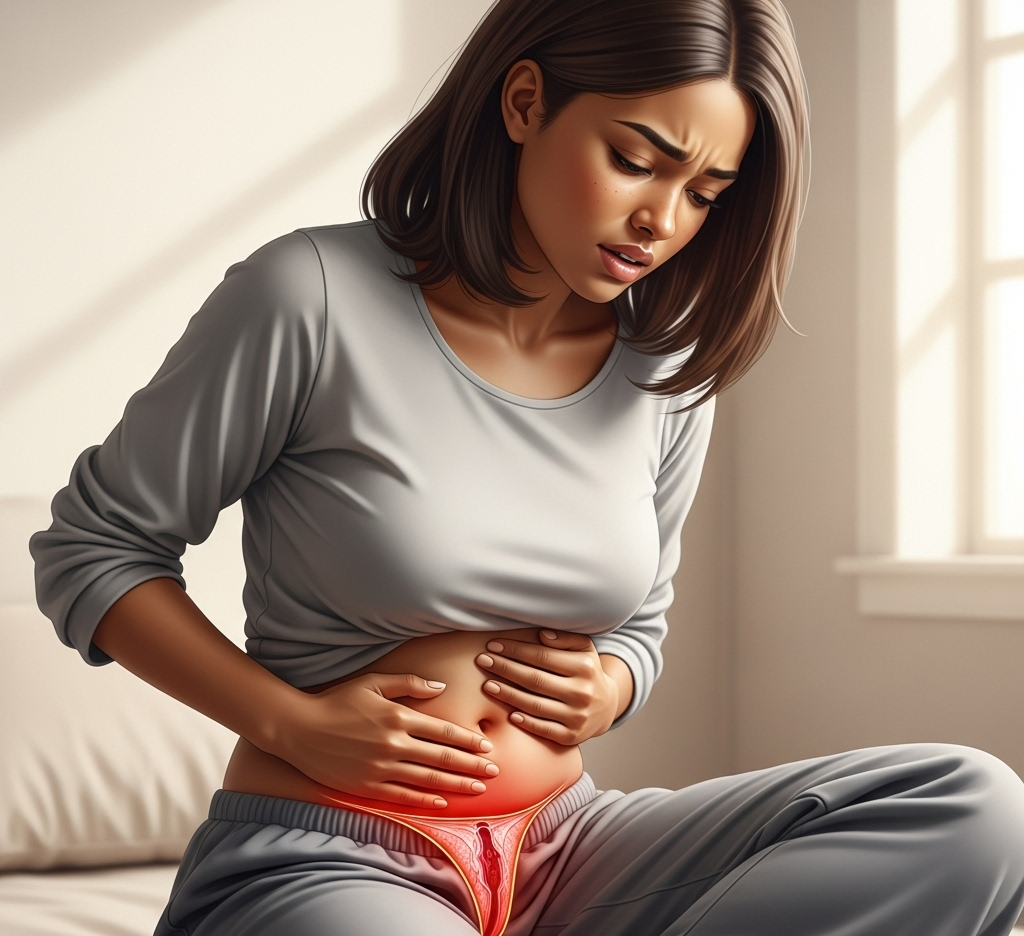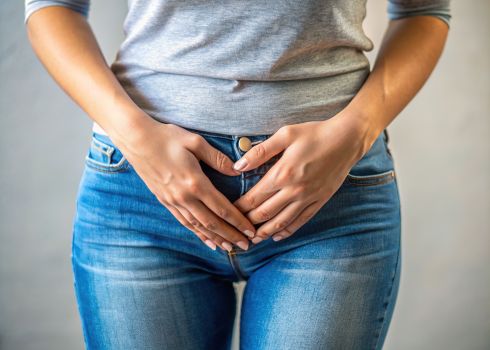Well Woman Today
Advertisement
The findings challenge common assumptions about aging and sexual function.
A Swedish national study provides new evidence for graduated neonatal risks associated with advancing maternal age.
This research addresses a critical gap in prenatal care, as some women develop preeclampsia despite aspirin prophylaxis.
Sleep disturbance commonly triggers migraine attacks in the predominantly female patient population.
The large-scale study followed over 18,000 women for an average of six years, finding that 23% showed signs of BAC
ADHD status, female sex, and younger age are potential risk factors for prolonged recovery from sport-related concussion.
The researchers propose that consuming seasoned foods may expose vulvar tissue to allergens through excretion in urine
During pregnancy, higher mercury levels were linked to increased risks of birth defects, preterm birth, low birth weight
Women can now screen for cervical cancer from the comfort of their homes using a specially designed self-collection device
The mental health of mothers in the United States has declined significantly from 2016 to 2023
The new guidelines recognize that healthcare providers have historically underestimated patient pain levels.
The research reveals that 52.8% of patients considered stopping care because their concerns were not addressed.
Women with a sister who has experienced postpartum psychosis should be considered at significantly higher risk
My fertility numbers looked fine, but during the pandemic, while trying to conceive, I was diagnosed with infertility.
The study found that only 75.3% of chlamydia cases and 69.6% of gonorrhea cases received any treatment within 30 days.
A new study reveals a significant gender disparity in cardiovascular mortality among people with common autoimmune diseases
Female cancer survivors are disproportionately affected by higher rates of CRF and depression
children born to mothers with diabetes during pregnancy faced 28% higher risk of being diagnosed with any neurodevelopmental
The results revealed a small but statistically significant temporary increase in menstrual cycle length
Powerful treatments target cancer cells effectively, but they come with a metabolic price tag that's raising alarm.





















 © 2025 Mashup Media, LLC, a Formedics Property. All Rights Reserved.
© 2025 Mashup Media, LLC, a Formedics Property. All Rights Reserved.